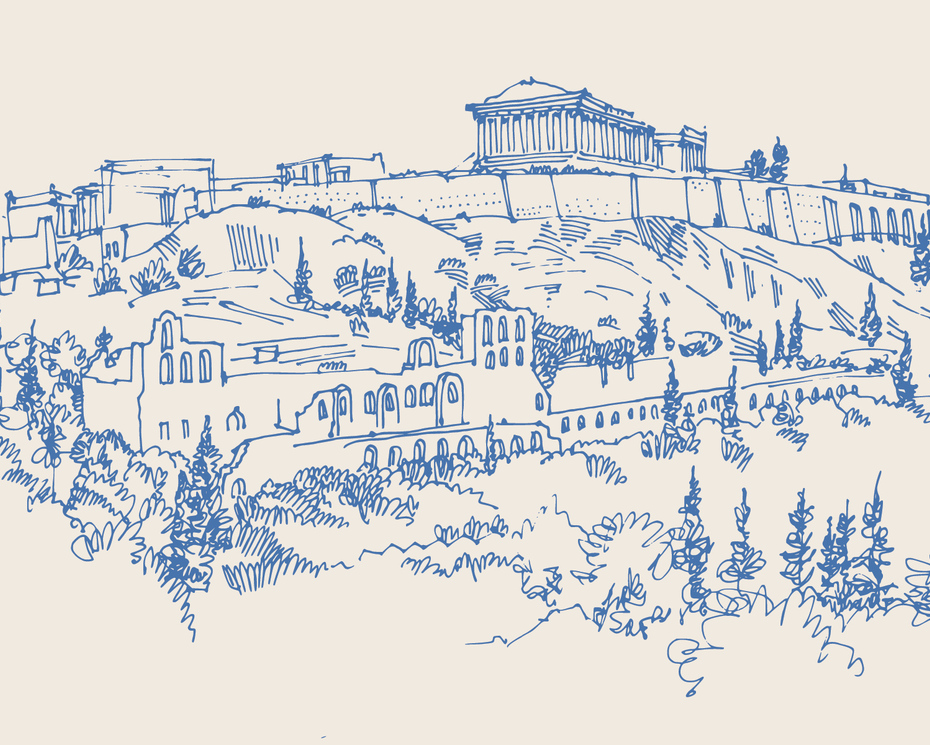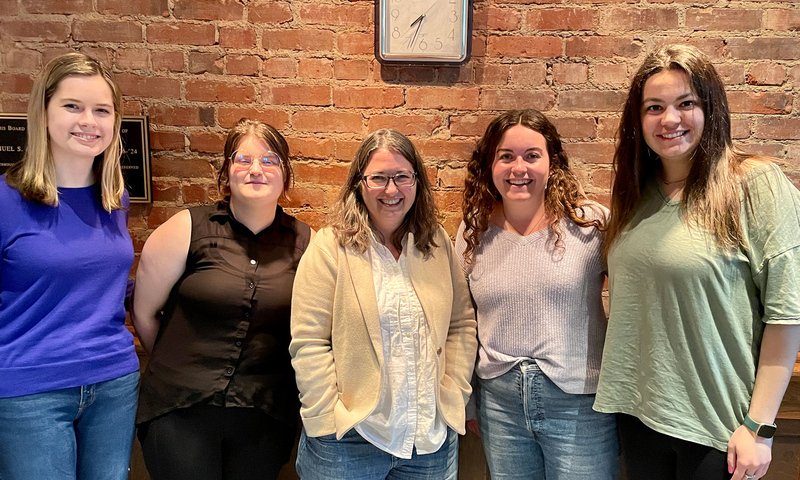About
The Ancient Greek & Roman Studies major and minor were introduced in 2024 as a revised version of the former Classical Studies program. Students who matriculated prior to the Fall of 2023 are eligible for the Classical Studies major/minor. Consult the Classical Studies page in the course catalog for information on Classical Studies degree requirements.
Department Goals and Learning Objectives
The major and minor in Ancient Greek and Roman Studies focuses on the histories, literature, languages, and material cultures of Greek and Roman antiquity within their context in the ancient Mediterranean. Courses cover the ancient languages, rhetoric, law and politics, art and archaeology, Political, economic and social histories, literary and performance arts, race and ethnicity, gender and sexuality, and modern receptions of antiquity. The program design encourages creativity, civic and social awareness, critical and analytical inquiry, ethical reasoning, and embracing global perspectives.
The minor in Greek focuses on the ancient Greek language within its cultural and historical context, beginning in the 8th century BCE through the 2nd century CE. The study of Greek language enables students to read in the original language works of literature that have deeply influenced the modern world, including Homer, Herodotus, the New Testament, Plato, Hippocrates, orators, and tragic and comic playwrights.
The minor in Latin focuses on the Latin language within the cultural context of ancient Rome from its origins as a small village in central Italy, through its transformation into a Mediterranean empire that spanned three continents and diverse populations. The study of Latin enables students to read major Roman authors such as Vergil, Ovid, Cicero, Tacitus, Plautus and others in their original language, while also exploring them within their historical contexts and as a foundation for many modern European languages and cultures.
Ancient Greek and Roman Studies majors and Ancient Greek and Roman Studies, Greek and Latin minors should learn both content knowledge of the ancient Mediterranean, the Greek and Latin languages, and various modes and methods of inquiry and analysis used to study them. Students engaged in the academic study of Ancient Greek and Roman Studies, Greek, and Latin will:
- Learn to write clearly and convincingly
- Develop strong oral communications skills
- Learn different approaches to engaging human diversity in global contexts
- Develop intermediate ability in reading either ancient Greek or Latin
- Learn to interpret texts and material artifacts in their historical and received contexts (modern reinterpretations, museums, etc)
- Develop interdisciplinary approaches and methods for engaging diverse types of sources including literary, visual, and physical evidence
- Develop ethical and moral reasoning through the study of complex societies
- Develop civic awareness through the study of ancient governments and societies that have served as a reference for many modern civic institutions
- Understand how ancient Greek and Roman societies have influenced and continue to influence the modern world
Departmental Guidelines
The department offers a curriculum that spans nearly 2500 years of antiquity and incorporates the study of four of the major pillars of the discipline of Ancient Greek and Roman Studies: languages, literature, history, and archaeology. Students take courses across this breadth of content and also have opportunities to create depth both by focusing their elective choices in one of these areas and by adding minors in either ancient Greek or Latin languages. The curriculum is designed within the interdisciplinary spirit of the Liberal Arts and is open to all students regardless of previous experience or career aspirations.
We encourage students who may be thinking about a professional career focused on the ancient Mediterranean (for which they will need advanced degrees) in traditional “Classics”, ancient history, archaeology, or museum studies to begin the study of either ancient Greek or Latin as soon as possible and to consult the department Chair early to develop a curriculum that will support their applications to graduate programs.


